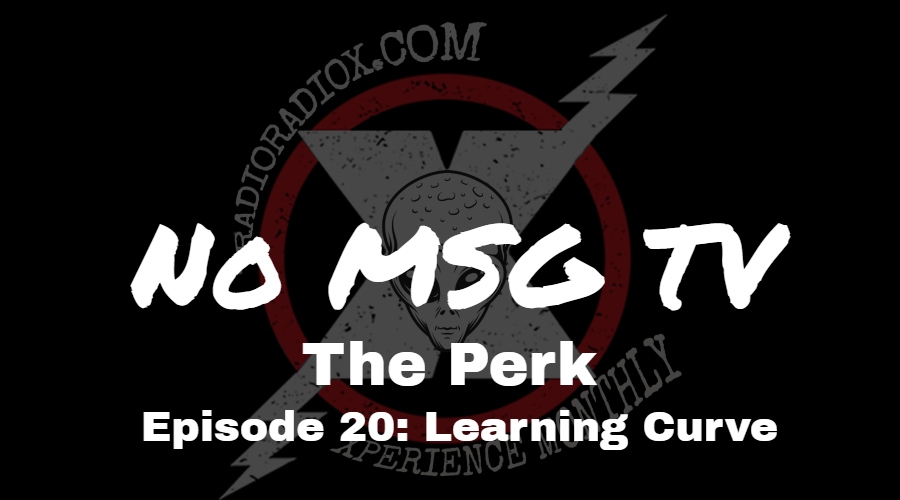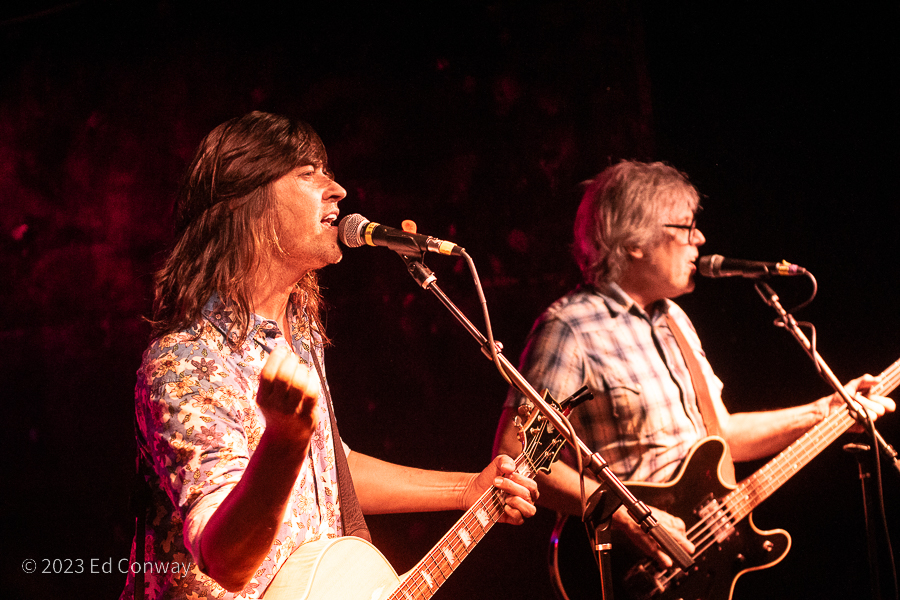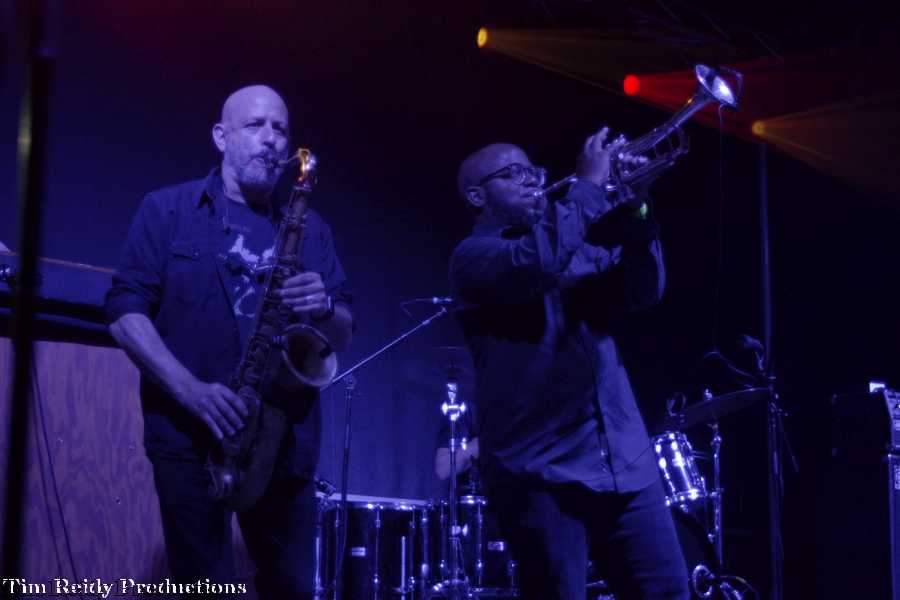Neanderthal Music – Muddin’ through History
Written by Staff on July 12, 2023
Neanderthal Music.
Imagine the day, it had to be some day or some night, somewhere, an early one of our ancestors, maybe a neanderthal, of homo heidelbergensis possessed the ability to shape their voice in such a way as to make the people in their cave feel happy, or marvel. Or maybe it was a mother speaking what we might call “motherese” to her infant, varying the pitch of her voice up and down to sooth her child. Somewhere, somehow, music came to be. And it’s been the unsung hero of our lives ever since.
Looking at history; well, prehistory, it’s hard to know how music history began. Ug from the fifth cave in the mountain didn’t put on the first concert in a field, although we must assume that there was a first concert somewhere. How many people had to be playing? More than one? How big would the crowd have had to be to be considered a “concert crowd?” Two? Twenty?
One of the reasons music is hard to pin down is because, well, what the hell is music? Did you ever see a show where people were randomly hitting things to a rhythm, taping pencils, clock ticking, what not, and it just came together, sounded like a song? Is that music? Let’s say it’s humans using melody and rhythm. Is imitating a bird, which could be both melody and rhythm, music?
One good definition for music, really baseline, is to “intentionally use sound to drive emotion.” Yeah, let’s go with that. So when were we doing that? We had a cultural explosion around 60,000 to 30,000 years ago. We started painting on caves, burying our dead, making jewelry – we were doing abstract things intentionally. We might say that music, as we know it, started there. And if you consider that some of the earliest known written music, from Ugarit, Mesopotamia, only dates back to 1,400 BCE – we missed a metric shit-ton of jams.
So why music? Did it serve any purpose beyond moving forward clocks that hadn’t been invented yet? Was it nothing but dopamine delivery? There were social benefits of music that long ago. We were tribal; we were in competition with a mean and unforgiving world. Music drives emotion, and societies with music could coordinate their emotions, drill messages home with rituals, and help the group form bonds with itself, and between its members. So basically, that magical time you had when Rage Against the Machine sang that really important song, and the crowd was just “one” during it – that, 30,000 years ago, helped our ancestors stay alive.
So there’s this flute in Slovenia. They think it’s a flute. Could be a bear femur that got chewed a lil’ by a hyena. If it’s not a chew toy, it’s quite possibly a Neanderthal flute. Over 35,000 years old. While this example may be dubious, at some point, early humans were making instruments. You might be prone to wondering about such things, like how did they find out that a hollow tube made sounds that changed pitch? It seems like chaos magick, but if you look at Flex-Seal or the George Foreman Grill, you’ll realize how very inventive we can be.
And, of course, the Oscars for supporting actors go out to the animal world who must have inspired early humans, especially birds. If humans had singing coaches, it was the birds. Imitating the birds would’ve taught early humans both melody and rhythm. And you might be tempted to think that unless we were hunting birds, which would’ve required more advanced weapons and tools, we wouldn’t have much reason to do bird calls. But don’t quote me on this; I am no archaeologist. Just a country lawyer.
Moving up to ancient history, music was something in the realm of spirituality and folklore. From an article in Music World, “Legend has it that the qin, the most revered of all Chinese musical instruments, has a history of about 5,000 years. This legend states that the legendary figures of China’s pre-history — Fuxi, Shennong and Huang Di, the “Yellow Emperor” — were involved in its creation.”
An interesting historical thought comes from the Hebrews, from whom we got our eternal bestseller the Bible. Music was heavily featured in this religious text, so much so that in the book of Genesis, the father of musical instruments actually has a name – Jubal. Music was so prevalent among the Israelites that it probably influenced the later Greeks and Romans. And eventually rock and roll.
From ancient Greek music, we have evidence of more than one note being played at one time, what we call harmony, and what rock and rollers call power chords. And the earliest recorded stone amphitheater was in Pompeii, dated to around 80-70 BCE, and it is rumored that Keith Richards played his first lyre there.
And while we’re just muddin’ through history here, London violinist John Banister holds the title (for now) of being the first person to put on a concert with a door charge, in 1672. This is recorded, of course. I’m sure people were giving Ug shiny pebbles to hear his revolutionary new throat sounds.
When beginning this article, yours truly debated it. Music is amazing and passionate and exciting. Writing about it, especially the history of it, meh. But how many fathers and mothers dissuaded their sons and daughters from a life of music over more “respectable” work, when music has been the duct tape of the human toolbelt far longer than the 3:30 conference call? Music is why we live. We use the sound our body gives us to move the emotions that our brain gives us to move the societies that we give ourselves to great heights. If there were flutes from animal bones (and at some point there were,) they traveled with humans who had limited space to carry things and survival to consider. That was, and is, the value of music.





 RadioRadioX
RadioRadioX